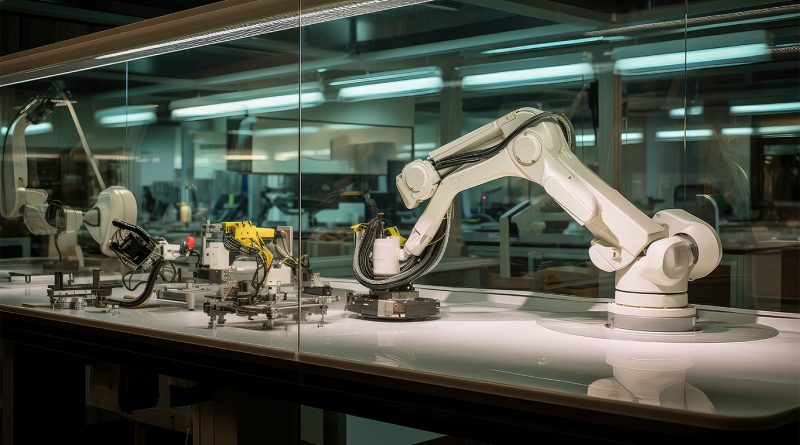MIT Launches New AI Lab to Transform Logistics Industry
The Massachusetts Institute of Technology (MIT) has recently inaugurated a groundbreaking lab dedicated to the integration of artificial intelligence (AI) in logistics. This pioneering initiative is a part of the MIT Center for Transportation & Logistics (CTL) and aims to address some of the most pressing challenges in the industry, including efficiency, sustainability, and resilience. By leveraging advanced AI technologies, MIT’s new lab aspires to revolutionize supply chain management and set new standards for the future of logistics.
The Vision and Goals
The primary objective of MIT’s AI lab is to explore and develop innovative solutions that enhance the overall performance of supply chains. Focusing on key areas such as operational efficiency, sustainability, and resilience, the lab intends to make significant contributions to the logistics industry. The lab’s vision is to create AI-driven systems that can optimize logistics processes, reduce environmental impact, and improve the robustness of supply chains against disruptions.
The lab has already commenced several ambitious projects aimed at tackling various aspects of logistics. These projects include the development of AI algorithms for real-time supply chain optimization, predictive analytics for demand forecasting, and autonomous systems for warehouse management. Each project is designed to push the boundaries of current technology and offer practical solutions to industry challenges.
One of the standout initiatives is the collaboration with leading logistics companies to pilot AI-driven solutions in real-world scenarios. These partnerships provide valuable insights and data, enabling the lab to refine its technologies and ensure they are both effective and scalable. For instance, a recent pilot program with a major global retailer demonstrated how AI could significantly reduce delivery times and lower operational costs.
Additionally, the lab is focusing on the development of sustainable logistics practices. By integrating AI with environmental data, the lab aims to create systems that can minimize carbon footprints and promote eco-friendly operations. This initiative aligns with the growing demand for sustainability in supply chains and supports global efforts to combat climate change.
Technology and Innovation
At the core of MIT’s new lab is a commitment to technological innovation. The lab is equipped with state-of-the-art facilities and leverages the latest advancements in AI and machine learning. Researchers are working on developing sophisticated algorithms that can process vast amounts of data and make intelligent decisions in real-time.
One of the key technological developments is the use of AI for predictive analytics. By analyzing historical data and identifying patterns, AI can forecast demand with remarkable accuracy. This capability allows businesses to optimize inventory levels, reduce waste, and improve customer satisfaction.
Another significant innovation is the application of autonomous systems in logistics. The lab is experimenting with autonomous drones and robots for tasks such as inventory management and last-mile delivery. These technologies have the potential to drastically improve efficiency and reduce the reliance on human labor, particularly in repetitive and labor-intensive tasks.
Furthermore, the lab is exploring the use of blockchain technology to enhance transparency and security in supply chains. By creating immutable records of transactions, blockchain can help prevent fraud and ensure the integrity of products from source to destination.
The implications of MIT’s AI lab for the logistics industry are profound. The lab’s work is expected to lead to significant improvements in supply chain efficiency, cost reduction, and sustainability. As the technologies developed in the lab are adopted by the industry, businesses can expect to see enhanced operational performance and a competitive edge in the market.
The lab envisions a future where AI-driven logistics systems are the norm. The integration of AI into supply chains will enable companies to respond swiftly to changes in demand, mitigate risks, and achieve greater flexibility. However, the path to this future is not without challenges. Issues such as data privacy, cybersecurity, and the need for regulatory frameworks will need to be addressed to fully realize the potential of AI in logistics.
Sources:
